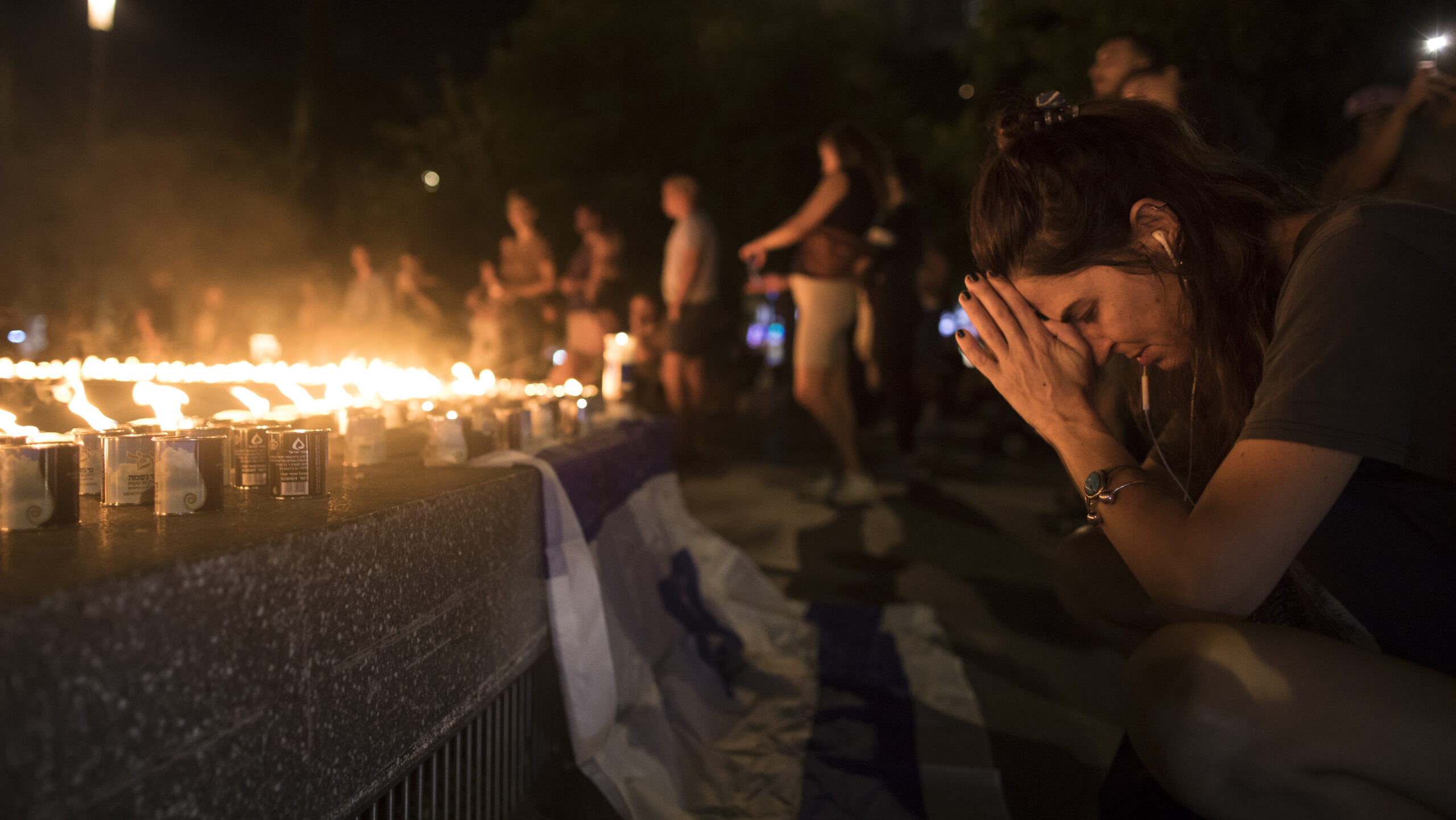How important it is to stick to routine – even in war

Maintaining routine and continuing professional and school activities during times of crisis are crucial for individual and national resilience
After more than two decades of reserve service, I decided to leave the military two years ago when I turned 50. I thought I had done my part for the country and it would be best to focus on my academic career.
Then came October 7. I knew I did not have the luxury of standing idly by while my country was at war. That day, I received a call from a friend in the army who told me that my former unit had a major problem: the Israel Defense Forces was having difficulty distributing essential supplies to soldiers in the south due to a disorganized supply chain.
As the former head of the Israel Defense Forces’ logistics supply unit, I had dealt with this very issue, so I was not surprised when I was asked to stay on the phone and be available if needed. And sure enough, my former commander called and asked if I could come over. By 9 p.m., I had already organized a fleet of 30 trucks heading south, bringing much-needed supplies to our soldiers. The first time I came home after that day was 10 days later, when I came back for a few hours to hug my wife.
For the past eight months, that has been my reality. I have spent more than 200 days in the reserve. At the height of the war, I was responsible for driving about 200 trucks to the north and south of Israel to deliver vital supplies to our soldiers. I am not telling you this to boast about my contribution, as there are many other Israelis who have done their part as well. None of us are looking for praise or a pat on the back.
During my reserve service, I overhauled the way the Israeli Defense Forces delivered supplies to our soldiers. Before I showed up, the entire operation was in complete chaos. Some soldiers and even officers balked at my approach, but I persisted.
Looking back, much of my work was inspired by what I taught my students at Afeka Academic College of Engineering in Tel Aviv, where I currently lead the Masters in Engineering and Management program. I consistently used my expertise in project management to ensure we provided the best service while using minimal resources. We also improved logistical supply routes using the optimization methods I taught.
I also took into account what I learned from Afeka President Prof. Ami Moyal. He taught me that leadership is about helping people achieve the desired results and not interfering with them in achieving the goals. Moyal has infused this philosophy into Afeka and the company culture. He makes his goals clear and then lets us all manage our departments accordingly without interfering or meddling too much.
I tell this story because throughout my time as a reservist – in a remote base in northern Israel – I continued to work as a professor at Afeka. It was not an easy decision and I made it in consultation with those closest to me. Teaching while serving in the military was extremely difficult, not only for me but for my entire family.
Some days I made the nearly three-hour trip (one way) to Afeka, delivered lectures, and then drove back to the base before returning home late at night, exhausted and ready to do it all again the next morning. Other days I managed dozens of trucks while simultaneously delivering Zoom lectures from my office on base. Fortunately, I was able to do this thanks to Afeka’s unique hybrid teaching model, which also allowed reservist students to attend classes remotely.
I chose to serve as well as teach because I did not want to fail at what I care so much about, nor at failing at my students or my country. My students, like everyone else in the country, did not want this war. Many of them want to continue their studies and pursue their plans for exciting and rewarding careers. Anything that hinders that goal would only harm them.
More than 40% of Afeka’s students were also in the reserves. In many ways, we were in the same boat, trying to maintain some sort of routine under these highly unusual circumstances. I was certainly not alone in this endeavor, as our faculty and school administration made it a priority to ensure that students received every form of support they needed to successfully complete their studies alongside their military obligations.
That is why we must return to routine. Routine shows the world that we are still here, that we are still alive and that we refuse to maintain a 24/7 war mentality. We will not only return to routine, but we will maintain it and enjoy it. That is why I was so pleased to see over 700 students graduate from Afeka last month, despite all the obstacles thrown in their way during this very challenging year. Now, as engineers, they are key contributors to the country’s prosperity and security. That is what defines Israel’s resilient spirit.
I live in a small community in the north that is home to 600 families. Each of us is involved in caring for everyone in the community. It was heartwarming to see how many of them helped my wife and family when I couldn’t be there for them during those grueling months.
Now I breathe a sigh of relief to be back home. My daughter has told me how excited she is to see me during the day, and I am enjoying a summer surrounded by the beauty of Israel’s idyllic north.
I know, however, that this calm will probably be short-lived. I know that I will return to work at some point. But my message remains the same: life will and must go on.



